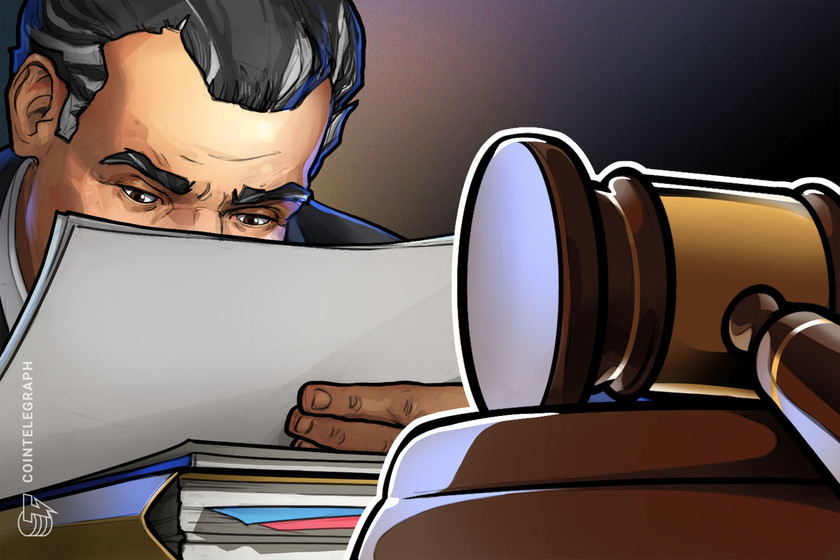Judge slams senators’ letter against FTX lawyers as ‘inappropriate’


Bankruptcy judge John Dorsey called the bipartisan letter “inappropriate,” and says he won’t take it into account in his decision for an independent examiner.
The judge handling FTX’s bankruptcy has reportedly slammed a joint letter from four United States senators calling for an independent examiner in the case.
As reported by Cointelegraph, the senators sent a letter on Jan. 9 highlighting concerns about the ties between FTX and Sullivan & Cromwell LLP, which as the lead law firm in the bankruptcy proceedings would be tasked with scrutinizing alleged past wrongdoing by the exchange.
However, during a Jan. 11 hearing, Judge John Dorsey of the U.S. Bankruptcy Court for the District of Delaware called the letter “inappropriate ex parte communication” thathe would not take into account in his decision.
“I will make my decisions on the matters based only upon admissible evidence and the arguments presented in open court,” he said during the hearing, according to a Law360 report on Jan. 11.


Ex parte refers to an action taken by one party in a legal proceeding without participation from the opposing party.
The letter was sent to Judge Dorsey on Jan. 9 by a bipartisan group of senators — John Hickenlooper, Thom Tillis, Elizabeth Warren and Cynthia Lummis — questioning the appointment of Sullivan & Cromwell and supporting a motion for the appointment of an independent examiner.
The motion was filed by the U.S. Trustee on Dec. 12.
In the letter, the senators noted that the law firm has previously provided FTX with legal advice and that members of the law firm had left to take positions at FTX, prompting one of the senators to suggest there could be a conflict of interest.
Get this: FTX’s legal advisors *pre-collapse* want to be appointed to oversee investigations INTO the collapse.
I’m no legal expert, but that sounds like a conflict of interest. With @SenThomTillis @SenWarren @SenLummishttps://t.co/iz3k9yP1uT
— Senator John Hickenlooper (@SenatorHick) January 10, 2023
A spokesperson from Sullivan & Cromwell told Cointelegraph that the law firm met the definition of “disinterested” under the U.S. Bankruptcy Code and had “never served as primary outside counsel to any FTX entity.”
Related: FTX customers names will remain sealed for now, rules judge
The judge’s dismissal of the senators’ letter does not mean that he will reject the motion to appoint an independent examiner or approve Sullivan & Cromwell as counsel to FTX.
The judge will still need to review the objection to the Sullivan & Cromwell appointment from FTX creditor Warren Winter, whose representatives filed an amended objection on Jan. 10 claiming that the appointment could undermine the public’s faith in the bankruptcy process and the law firm itself was a “target for investigation” regarding its own “potential liability.”
Independent examiners are often appointed by bankruptcy courts to investigate details of complex cases brought before them and are able to present information to the courts from an independent point of view.
They have been appointed in other high-profile bankruptcy cases such as Lehman Brothers during the subprime mortgage crisis and the crypto exchange Celsius.









